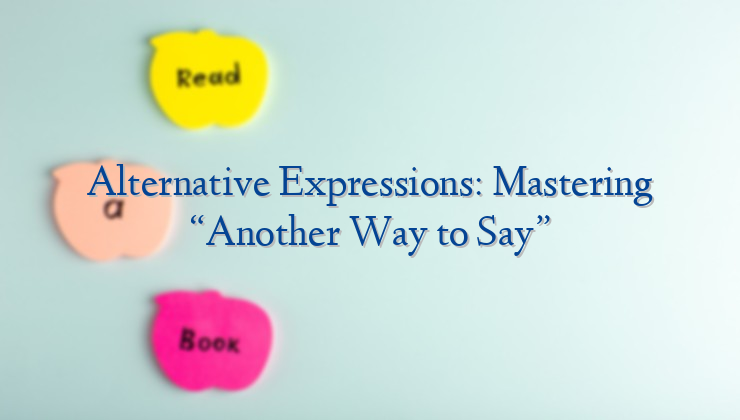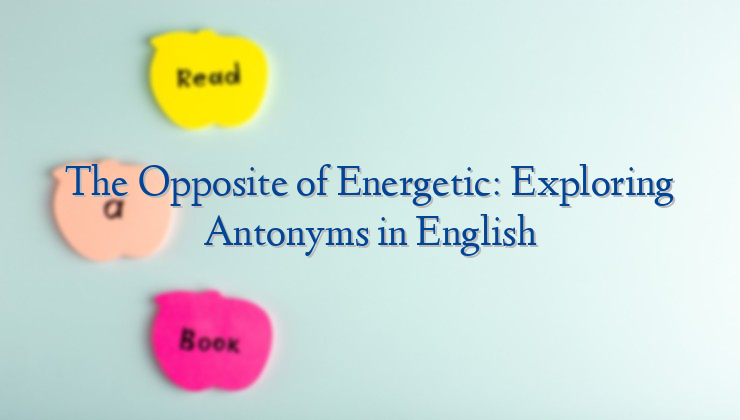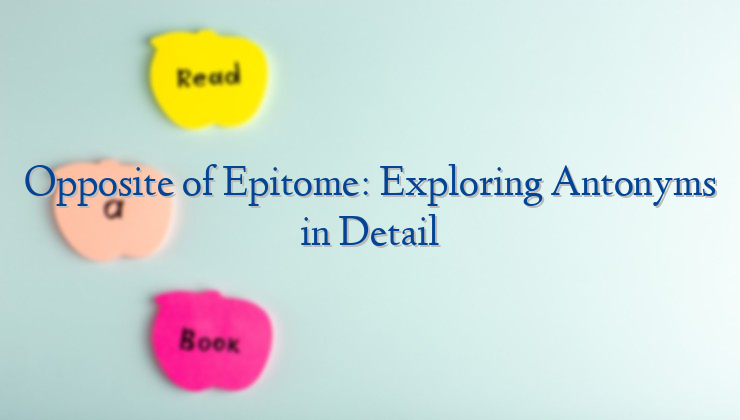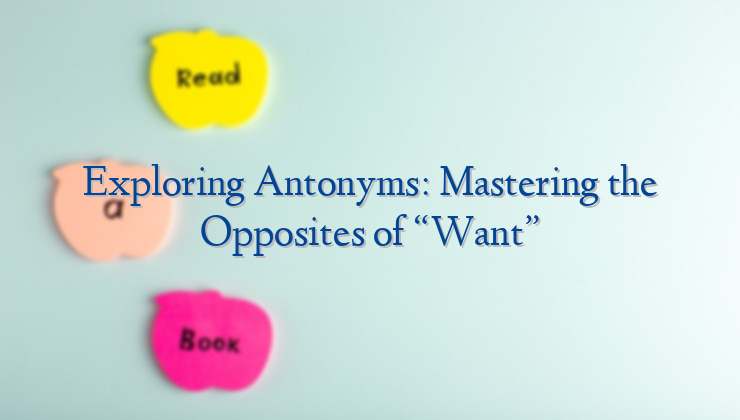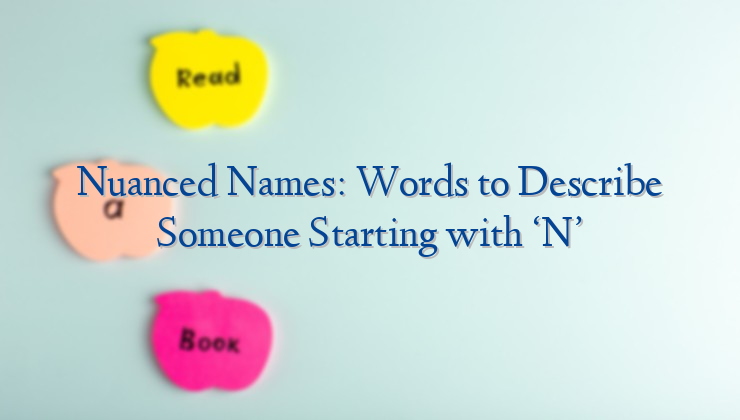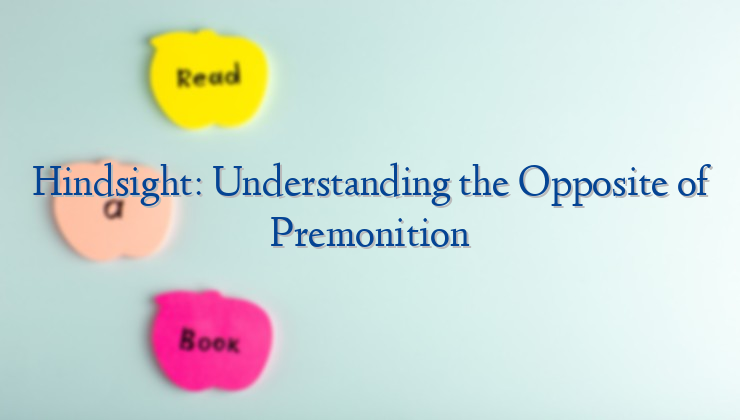Alternative Expressions: Mastering “Another Way to Say”
Learning to express the same idea in multiple ways is crucial for effective communication in English. Understanding synonyms, paraphrases, and idioms allows you to add nuance, clarity, and sophistication to your speech and writing. This article explores various techniques for finding “another way to say” something, providing you with the tools to diversify your language … Read more
